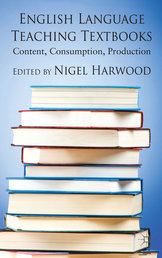posted by Juergen Kurtz, Justus Liebig University (JLU) Giessen, Germany
The next ACTA International TESOL Conference will be held in Adelaide, South Australia from 2 – 5 October, 2018. The main conference theme is ‘English Language Learning in a Mobile World’.
Driving attention to the reality of local and global mobility for TESOL learners and educators, the conference will contribute to the ongoing examination of the theories and practices underpinning the TESOL field, and will project into future directions, whether as policy, pedagogy, materials design, assessment or community involvement.
In the context of increasing mobility through digital technology as well as global unrest and greater recognition of the need for improved outcomes for indigenous students, the conference offers an opportunity for a re-examination of the profile of our English language learners and the implications for TESOL practice.
The six sub-themes or strands are:
- English language learners in a mobile world
- English language learning and teaching for local and global participation
- Embracing digital technologies in English language learning and teaching
- Assessment from diverse stakeholder perspectives
- English as a medium of instruction (EMI)
- Professional standards and teacher identities in a mobile world
Through these themes, the breadth of mobility will be explored, ranging from local and global relocations to communication and intercultural negotiation across borders. With this in mind, the conference will be a space to critically examine ethical and practical challenges for TESOL.
I really look forward to attending this conference, not only because of my gowing interest in researching augmented reality for EFL textboook development and use, but also because of the special atmosphere of the ACTA TESOL conferences in Australia. For further conference details, please click here.





